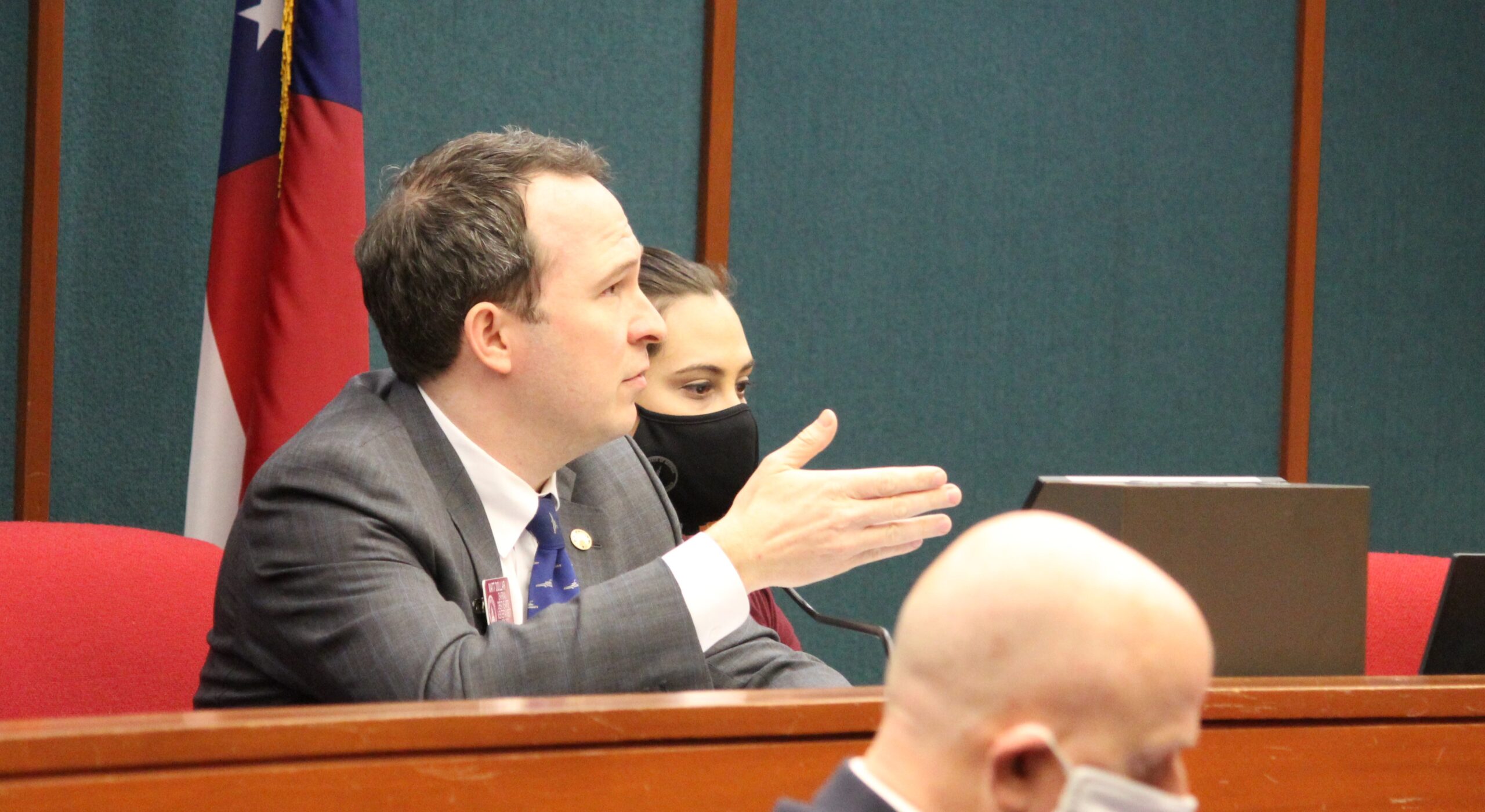State Silent on Food Stamp Report

With millions of federal dollars potentially on the line, Georgia has submitted its latest progress report to federal officials on the administration of its food stamp system. However, state officials are not saying whether they were able to resolve more than 20,000 backlogged cases they were ordered to complete by yesterday.
A spokesperson for the Georgia Department of Human Services says the state is not commenting until it hears back from federal officials. The report comes after a March letter issued by the Food and Nutrition Service. The letter warns if Georgia does not do enough to the fix its system, including its backlogged cases, it could potentially lose up to $76 million dollars as early as May 1.
A spokesperson for the Georgia Department of Human Services says the state is not commenting until it hears back from federal officials. The report comes after a March letter issued by the Food and Nutrition Service. The letter warns if Georgia does not do enough to the fix its system, including its backlogged cases, it could potentially lose up to $76 million dollars as early as May 1.
The warning came after issues that caused a number of Georgians to lose their benefits or prevented them from applying. They included problems with a state call in center. Many trying to receive food stamp services by phone were placed on hold for hours or their calls went unanswered.
As a result of the issues, the state was also recently required to submit a Corrective Action Plan. In the plan, the department said it hoped to resolve its entire backlog by May 1. The department also said it was going to increase its phone line hold capacity by the end of March. It has also started a study to assess the call center’s technology, staffing and workflow. The state has spent more than two-million dollars on employee overtime to address the backlog and to hire a consultant to help rework its system.
In a statement, a U.S. Department of Agriculture spokesman says, “SNAP is one of our country’s strongest defenses against hunger and poverty and a critical support for eligible low-income families during tough economic times. It is critical that the State of Georgia make significant progress in reducing backlogged applications so that eligible individuals and families can receive their benefits in a timely fashion.”
9(MDAxODM0MDY4MDEyMTY4NDA3MzI3YjkzMw004))








